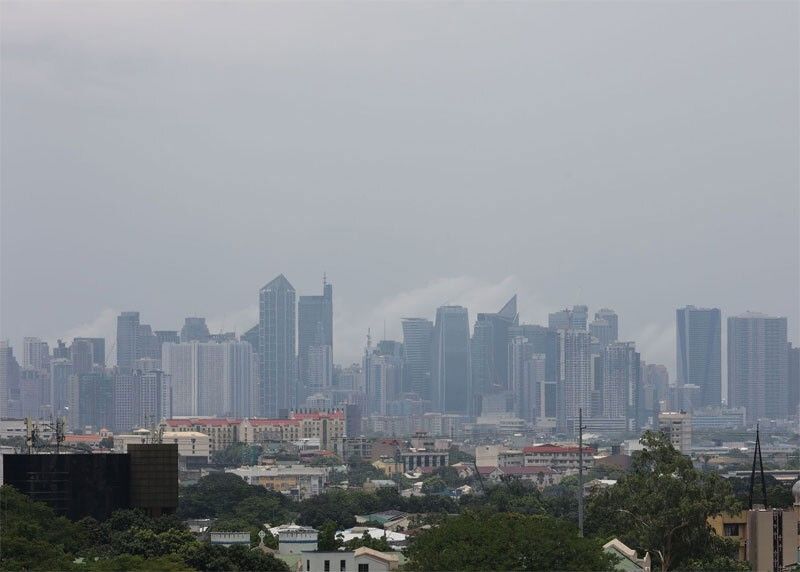Fitch revises Philippine credit rating outlook to stable

MANILA, Philippines — Debt watcher Fitch Ratings has upgraded the credit rating outlook of the Philippines from negative to stable due to improved confidence that the country is returning to strong medium-term growth after the COVID-19 pandemic.
At the same time, it noted sustained reductions in government debt that substantially increased in recent years.
Fitch retained the country’s credit rating at BBB or a notch above minimum investment grade. A stable outlook means the rating is likely to stay over the medium term of 12 to 18 months.
“The revision also reflects our assessment that the Philippines’ economic policy framework remains sound and in line with ‘BBB’ peers, despite its low scores on World Bank Governance indicators,” it said.
According to the credit rating agency, the revision comes despite some relative deterioration over the last years in credit metrics that previously had been strengths, including in government debt, to gross domestic product and net external debt to GDP.
The country’s economy would continue to be resilient with a GDP growth of above six percent over the medium term despite the slowdown in the first quarter to 6.4 percent from 7.1 percent in the fourth quarter and eight percent in the first quarter of last year, Fitch said in a statement.
“We forecast real GDP growth of above six percent over the medium term, considerably stronger than the ‘BBB’ median of three percent, after a record outturn of 7.6 percent in 2022, reflecting normalization of activity after the pandemic and the government’s investment program,” it added.
The slowdown in the first quarter was attributed to the fading post-pandemic recovery.
Fitch said the ongoing reforms to the business environment and investment regulations create upside potential for growth.
The credit rating agency expects the general government deficit to narrow to 2.8 percent of GDP in 2023 and 2024 from an estimated 3.3 percent of GDP in 2022 and 4.6 percent of GDP in 2021.
Finance Secretary Benjamin Diokno said the revision is testament to the strong macroeconomic fundamentals of the country, “as evidenced by the economy’s strong growth performance in 2022 at 7.6 percent and 6.4 percent in the first quarter of 2023.”
The Philippines incurred higher debt and wider budget deficit at the height of the COVID-19 pandemic, with the GDP shrinking by 9.6 percent as the economy stalled due to strict quarantine and lockdown protocols.
The Marcos government is projecting a central government deficit of 5.1 percent of GDP by 2024, with most of the consolidation coming from spending efficiency gains and capital spending reductions.
- Latest
- Trending





























